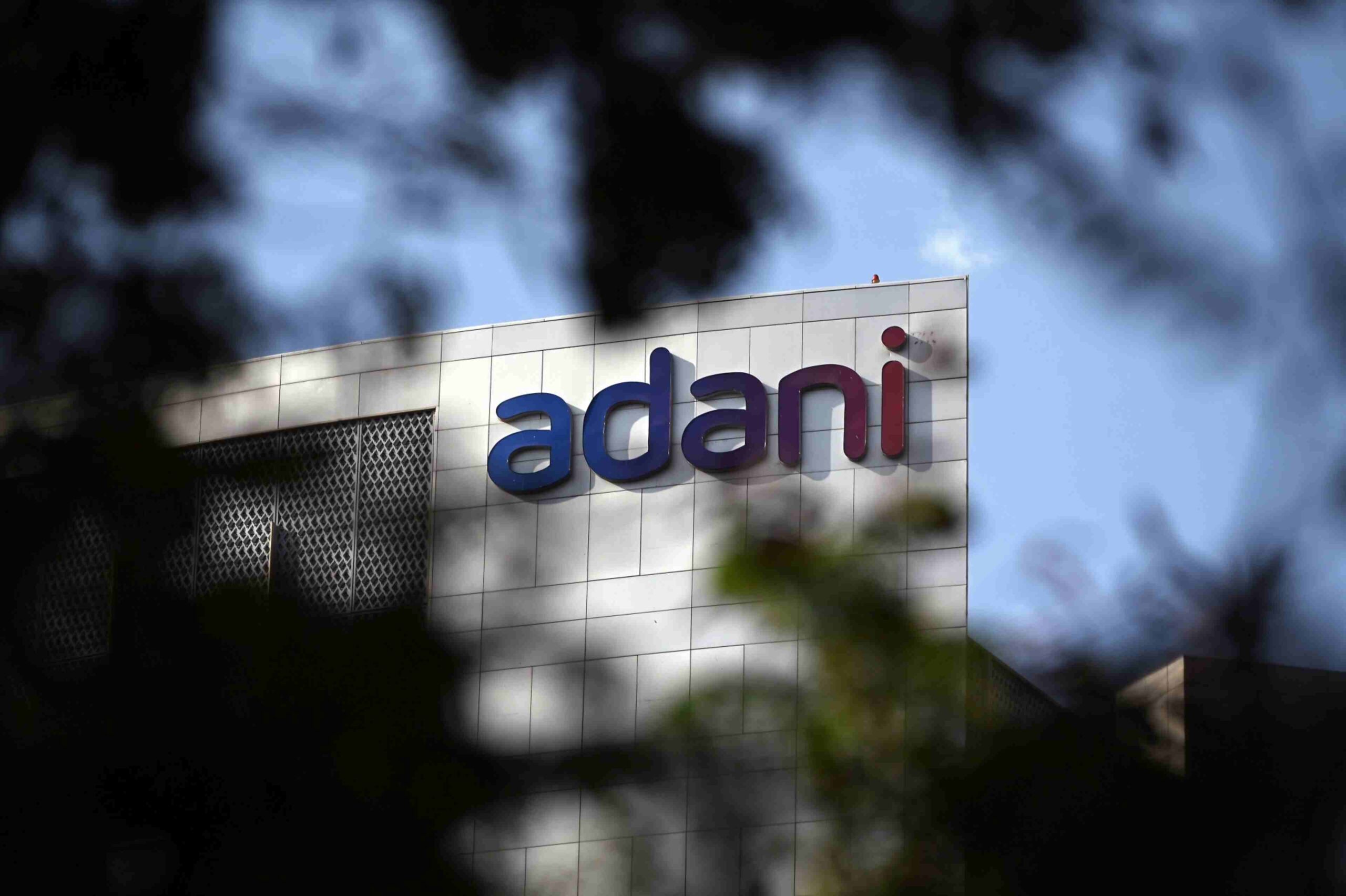In a recent turn of events, Surjit Singh Yadav, who identifies as both a farmer and a stocks investor, has initiated legal proceedings in a Delhi court. The suit seeks a permanent injunction against prominent political figures Congress leader Rahul Gandhi and Prime Minister Narendra Modi. The crux of Yadav’s suit revolves around allegations made by these leaders against the Adani Group and its promoter, Gautam Adani. This article delves into the details of the lawsuit, the statements in question, and the broader implications for investors and the stock market.
The Allegations:
Statements by Rahul Gandhi
According to the lawsuit, Rahul Gandhi made statements on various news channels and social media platforms that implicated Gautam Adani in financial misconduct. Specifically, Gandhi alleged that the central government had waived loans worth Rs 16 lakh crore for a select group of industrialists, including Adani. Yadav’s plea claims that these statements were grossly misleading and intended to create confusion and doubt among the public and investors about the integrity of the Adani Group.
Statements by PM Narendra Modi
The plea also references a speech by Prime Minister Narendra Modi delivered at Karim Nagar, Telangana. In this speech, Modi purportedly made allegations against the Adani Group, contributing further to the negative perception and subsequent volatility in the stock market. Yadav’s suit argues that such statements, without substantial evidence, are damaging not only to the reputation of the Adani Group but also to the financial interests of investors.
The Legal Plea:
Grounds for the Suit
Surjit Singh Yadav’s legal plea hinges on the assertion that the statements made by Rahul Gandhi and PM Narendra Modi are false, fabricated, and misleading. The plea underscores that these allegations have no basis in fact and have been disseminated to tarnish the image of the Adani Group. Yadav contends that these unfounded claims have led to unanticipated volatility in the stock prices of Adani Group companies, resulting in significant financial losses for him and other investors.
Request for Court Action
Yadav has petitioned the court to issue a permanent injunction restraining Gandhi and Modi from making any further unsubstantiated and misleading statements about the Adani Group. The plea emphasizes the need for political leaders to exercise caution and responsibility in their public declarations, especially those that can impact the stock market and investor confidence.
Impact on the Stock Market:
Volatility and Investor Confidence
The lawsuit highlights the sensitivity of stock markets to public statements by influential figures. The allegations against Gautam Adani, despite being unsubstantiated, have caused significant fluctuations in the stock prices of Adani Group companies. This volatility not only affects large institutional investors but also individual investors like Yadav, who may face substantial financial losses due to sudden market movements triggered by political statements.
Broader Implications
The plea underscores a broader concern about the role of political rhetoric in financial markets. The potential for misinformation to spread rapidly through news channels and social media can have dire consequences for market stability. This case could set a precedent for holding public figures accountable for the accuracy of their statements and the potential economic impact on investors.
The Role of Media and Social Media:
Dissemination of Information
The rapid spread of information through news channels and social media has amplified the impact of the statements made by Rahul Gandhi and PM Modi. Yadav’s plea suggests that the media should exercise greater due diligence in verifying the accuracy of claims before broadcasting them. This call for responsible journalism is crucial in an era where misinformation can quickly go viral, leading to widespread financial repercussions.
Legal and Ethical Responsibilities
The lawsuit also raises questions about the legal and ethical responsibilities of public figures and media outlets. If the court rules in favor of Yadav, it could lead to stricter regulations and accountability for those who make public statements that can influence the stock market. This could be a pivotal moment in ensuring that the dissemination of information, especially related to financial matters, is conducted with greater transparency and integrity.
Conclusion:
Surjit Singh Yadav’s lawsuit against Rahul Gandhi and PM Narendra Modi is a significant development in the intersection of politics and finance. The case brings to light the potential consequences of unsubstantiated allegations on the stock market and investor confidence. As the court deliberates on this matter, the outcome could have far-reaching implications for the responsibilities of public figures and the role of media in maintaining market stability.




